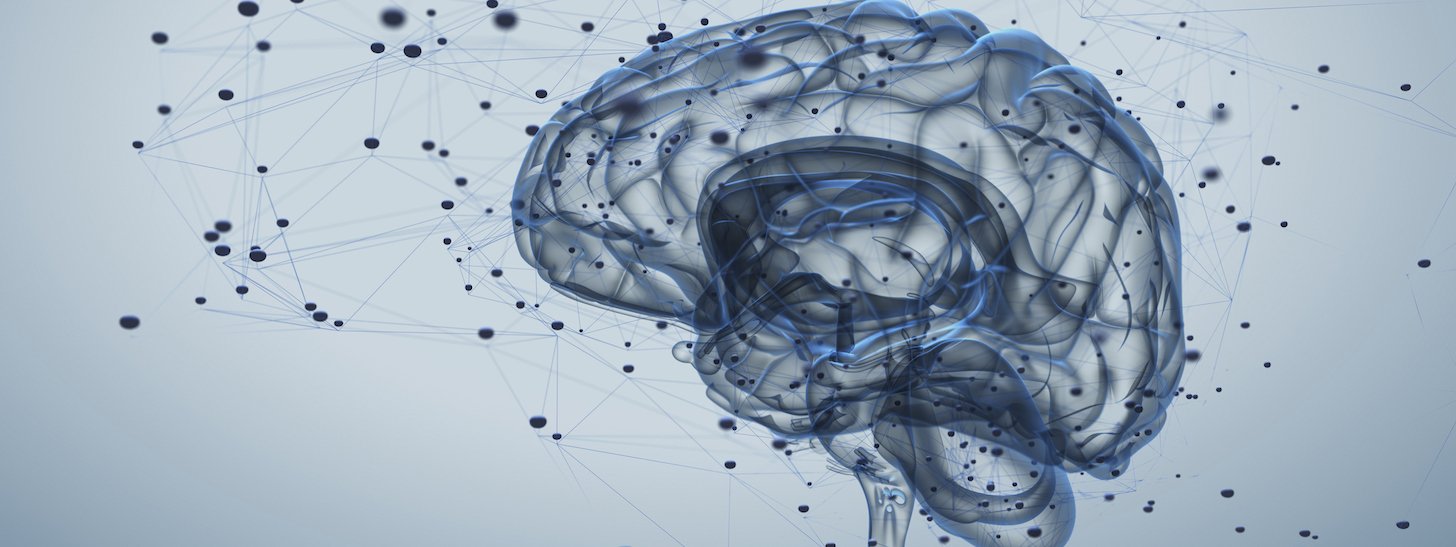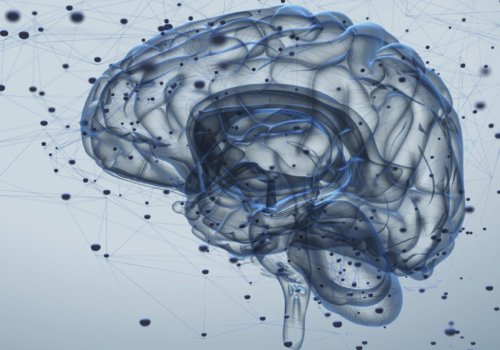Individual Mapping of Migraine “Triggers & Protectors” May Give Personal Relief to Patients
INDIVIDUAL MAPPING OF MIGRAINE “TRIGGERS & PROTECTORS” MAY GIVE PERSONAL RELIEF TO PATIENTS
A customized approach showcases irregularities of long-held migraine trigger assumptions
SAN DIEGO, CA (June 9, 2016) – Increasing an individual’s knowledge about their potential migraine triggers, protectors and associated behaviors may enable them to improve their condition, according to new data presented this week at the 58th Annual Scientific Meeting of the American Headache Society.
Curelator Headache, a digital platform that collects daily data about an individual’s migraine attacks and factors (e.g., mood, stress, diet, physical activity.), was used to conduct a study of 284 users over a 90 day time-period to analyze and identify personal triggers, dismiss irrelevant factors, and discover protectors.
Individuals with migraine registered to use Curelator Headache directly or through a physician ‘free use’ program available on the website or App store, and used the program daily for 90 days entering details about all headaches and tracking a list of factors which may affect attack occurrence. After 90 days, participants received their processed data, including a ‘Trigger Map’, ‘Protector Map’, and a ‘No Association Map’ showing factors significantly associated with their attacks.
“Most research is done on a population level and what we’ve found is that ‘one size does not fit all’ in terms of migraine,” said Alec Mian, PhD, CEO and founder of Curelator, Inc. “Curelator helps patients understand what specific factors are triggering their individual migraine attacks.”
Dr. Mian and his team found that several factors often thought of as triggers, appeared as potential protectors for some. Notably, alcohol came up as a protector in 17 individuals and as a trigger in only seven individuals, contradicting initial assumptions where alcohol was identified as a suspected trigger in 155 out of the 284 users.
“People tend to suspect certain triggers, such as alcohol consumption, but our findings suggest these suspected triggers are often not statistically associated with their attacks,” said Stephen Donoghue, PhD, Vice President of Clinical Research at Curelator, Inc. and lead author of the report. “Using our individual analytical engine, we’re able to identify what is and what is not associated with an individual’s increased risks of migraines, helping them to identify behavioral changes that may improve their condition.”
The data was presented at the 58th Annual Scientific Meeting of the American Headache Society in San Diego. The meeting draws about 1,000 headache and migraine researchers and treatment specialists from around the world to hear the latest scientific and clinical information on headache and migraine. This year’s program, “Take a Closer Look…At Migraine,” is four days of scientific presentations on the latest and most up-to date research in all aspects of migraine and related disorders.
ABOUT THE AMERICAN HEADACHE SOCIETY
The American Headache Society (AHS) is a professional society of health care providers dedicated to the study and treatment of headache and face pain. The Society’s objectives are to promote the exchange of information and ideas concerning the causes and treatments of headache and related painful disorders. Educating physicians, health professionals and the public and encouraging scientific research are the primary functions of this organization. AHS activities include an annual scientific meeting, a comprehensive headache symposium, regional symposia for neurologists and family practice physicians, and publication of the journal Headache. (www.americanheadachesociety.org)
ABOUT THE AMERICAN MIGRAINE FOUNDATION: The American Migraine Foundation is a non-profit foundation supported by the American Headache Society and generous donors dedicated to the advancement of migraine research. Its mission is to support innovative research and education that will lead to improvement in the lives of those who suffer from migraine and other disabling headaches. Information about migraine and related disorders can be found at www.americanmigrainefoundation.org


